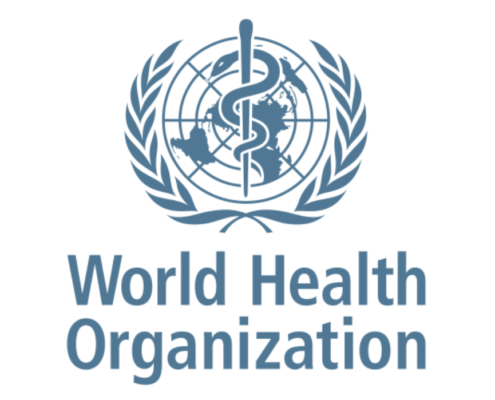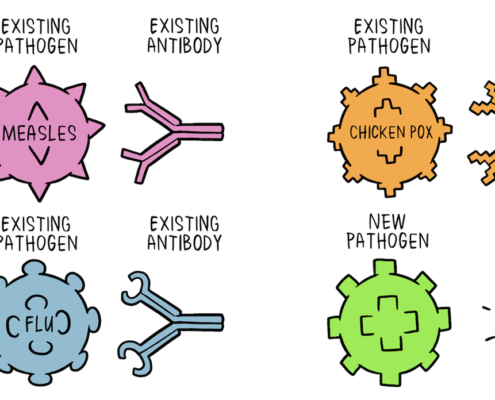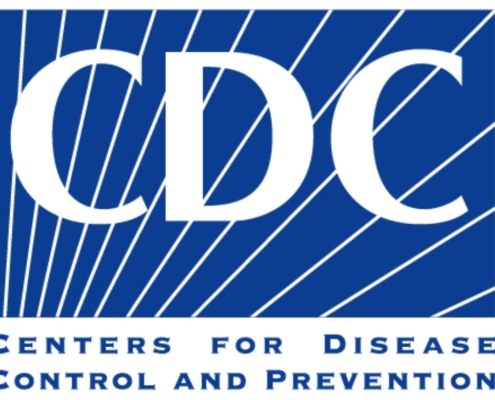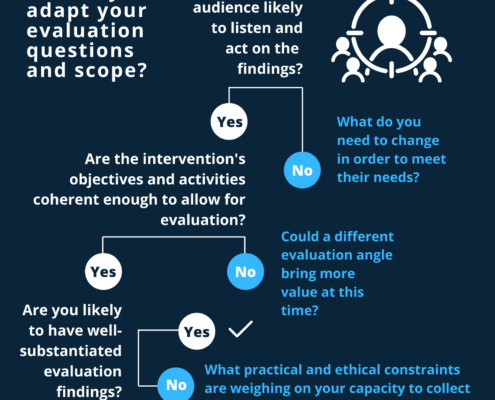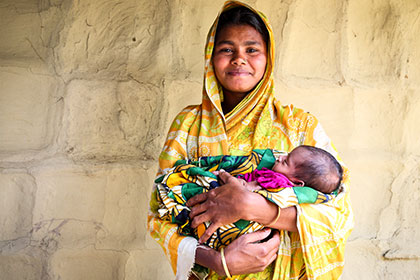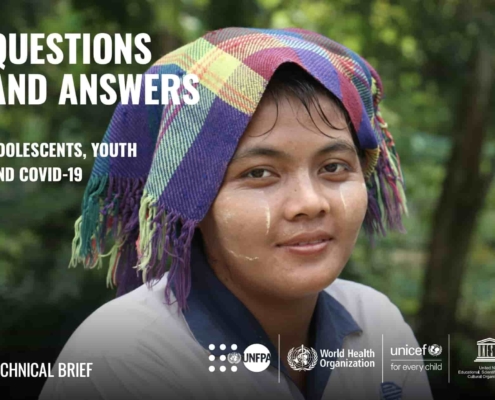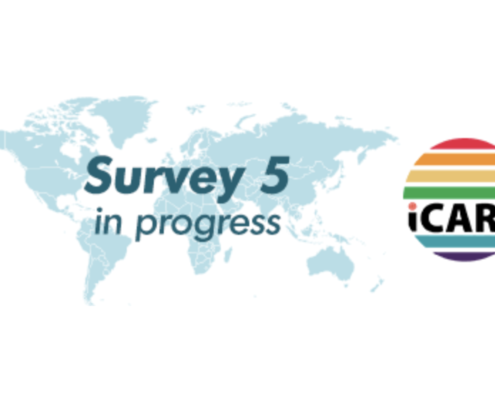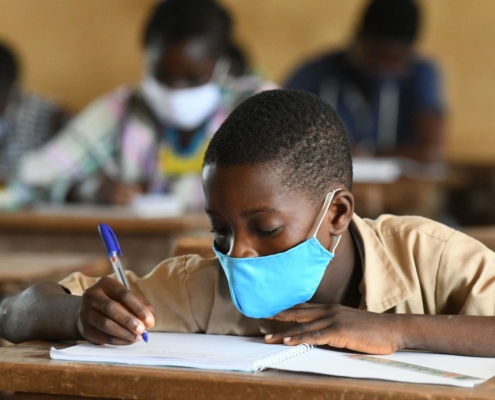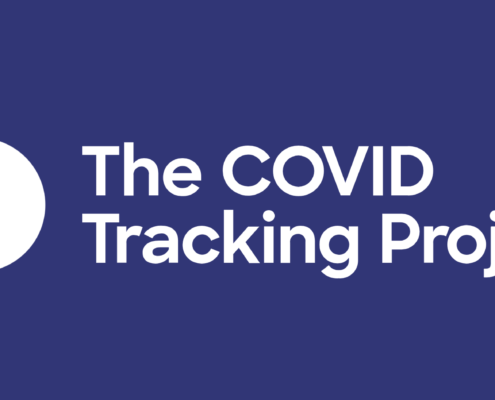
This website was developed under the Breakthrough ACTION Cooperative Agreement #AID-OAA-A-17-00017. Breakthrough ACTION was based at Johns Hopkins Center for Communication Programs (CCP). The contents of this website do not necessarily reflect the views of USAID, the United States Government, or Johns Hopkins University.

